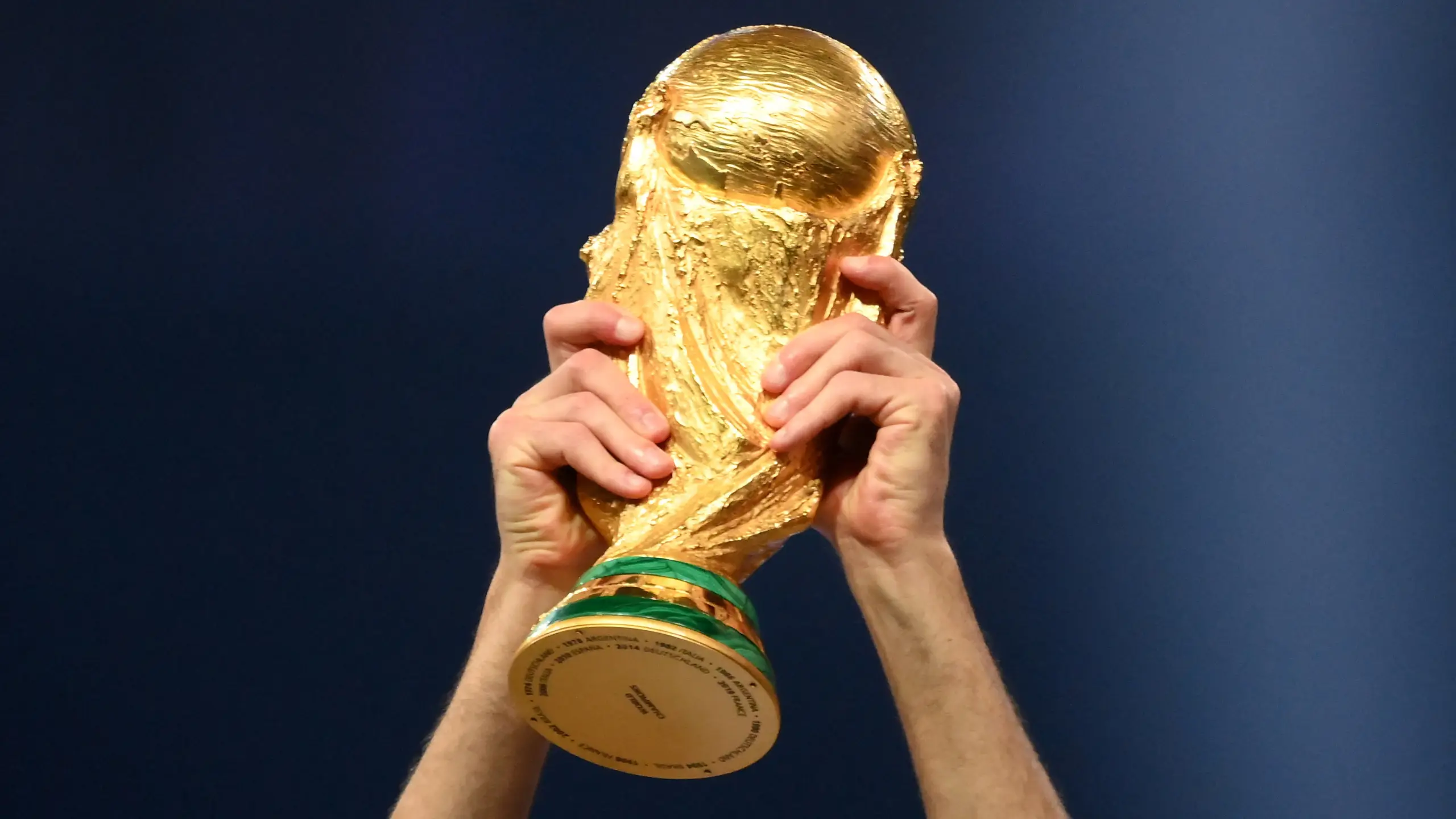
Topics: FIFA, Football, FIFA World Cup, UEFA
Eight nations are currently banned from entering World Cup qualifying due to not being officially recognised by FIFA.
A total of 209 nations entered World Cup qualifying for the 2026 edition in the United States, Canada and Mexico.
Only one eligible nation declined to enter, with Eritrea pulling out before the qualifiers began over reported fears that their players would seek asylum in other nations while travelling to away matches.
Some of the smaller nations involved saw their qualification campaigns end early, with the first round of AFC qualifying lasting just one two-legged match that saw the loser eliminated.
Advert
Those nations at least had more of an opportunity than the eight nations who were not permitted to play in qualifying at all:
Football is popular among residents of the papal residence, and the former Pope Francis was a well-known fan of Argentine giants San Lorenzo.
It was reported that he held talks with UEFA president Aleksander Ceferin ahead of the Euro 2020 final about potential FIFA membership opportunities.
The current papal incumbent, Pope Leo, is also a football fan but has not publicly named where his allegiances lie, having spoken positively about Italian rivals Roma and Napoli in recent months.
Vatican City men's and women's teams regularly takes part in friendlies against clubs from Italy and around the world.
Nauru appeared to be making significant progress in their push towards FIFA membership last year.
They appointed Reading legend Dave Kitson as their manager, and had plans to play their first ever 11-a-side match against Reading XL FC.
Director of football Charlie Pomroy told Forbes in 2022 that the nation's only 'good quality' pitch was inside the local prison - perhaps emphasising the scale of the task for Nauru to become part of FIFA.
The Marshall Islands went viral earlier this year when they played their first 11-a-side match - leaving Nauru as the only nation not to go so.
The island country took part in the four-team Outrigger Challenge Cup, which also featured the Turks and Caicos Islands, US Virgin Islands and Ozark United U19.
Like the other names on this list, however, they are not part of FIFA, with the Marshall Islands Football Federation only set up in 2020.
Micronesia are another island nation who have attempted to take strides towards FIFA membership in recent years.
Football writer Paul Watson partnered with their national football federation to organise a futsal competition in 2023, while their futsal team also entered the 2024 Outrigger Challenge Cup.
Like many nations on this list, their major issue is a lack of resources.
Their under-23 football team travelled to play in the 2015 Pacific Games in Papua New Guinea but lost all three games without scoring, conceding 114 goals and losing one match 46-0 to Vanuatu.
While AS Monaco are competing in this season's Champions League, the principality still does not have its own FIFA-recognised national team.
Most players who have come through the AS Monaco academy, including Kylian Mbappe and Thierry Henry, were not born in the principality, and so Monaco has a small talent pool to choose from.
Instead, the national team is largely represented by local workers, and is not affiliated to FIFA or UEFA.
The player availability issue would not significantly change if Monaco were permitted to play. Brighton left-back Olivier Boscagli, born in the principality, has not played for France and can therefore still represent Monaco, but he is the only top-level player who would be available.
As well as being the 16th smallest country in the world, Palau do not have an active football league at the moment.
As of February 2024, plans were in place to relaunch the Palau Soccer League, which had to be suspended due to the outbreak of COVID-19, but were put on hold due to renovation works being required on the nation's only football pitch.
Kiribati's football history dates back to 1979 but their men's team hasn't played a competitive match for 14 years.
The lack of activity for the women's team dates back even further, to 2003.
Englishman Jake Kewley was appointed as manager in 2015, and told Thinkhouse in 2017 that all bar one of the nation's pitches had little to no grass and are public property. Lack of finances is also a significant stumbling block.
Tuvalu currently have a domestic structure for men's and women's football, and also compete at the Pacific Games, but are yet to become a FIFA-affiliated nation.
They competed at the 2023 Pacific Games but finished bottom of their group.
In November, the country's football association awarded new qualifications to several coaches as part of a renewed push to achieve OFC and FIFA membership.